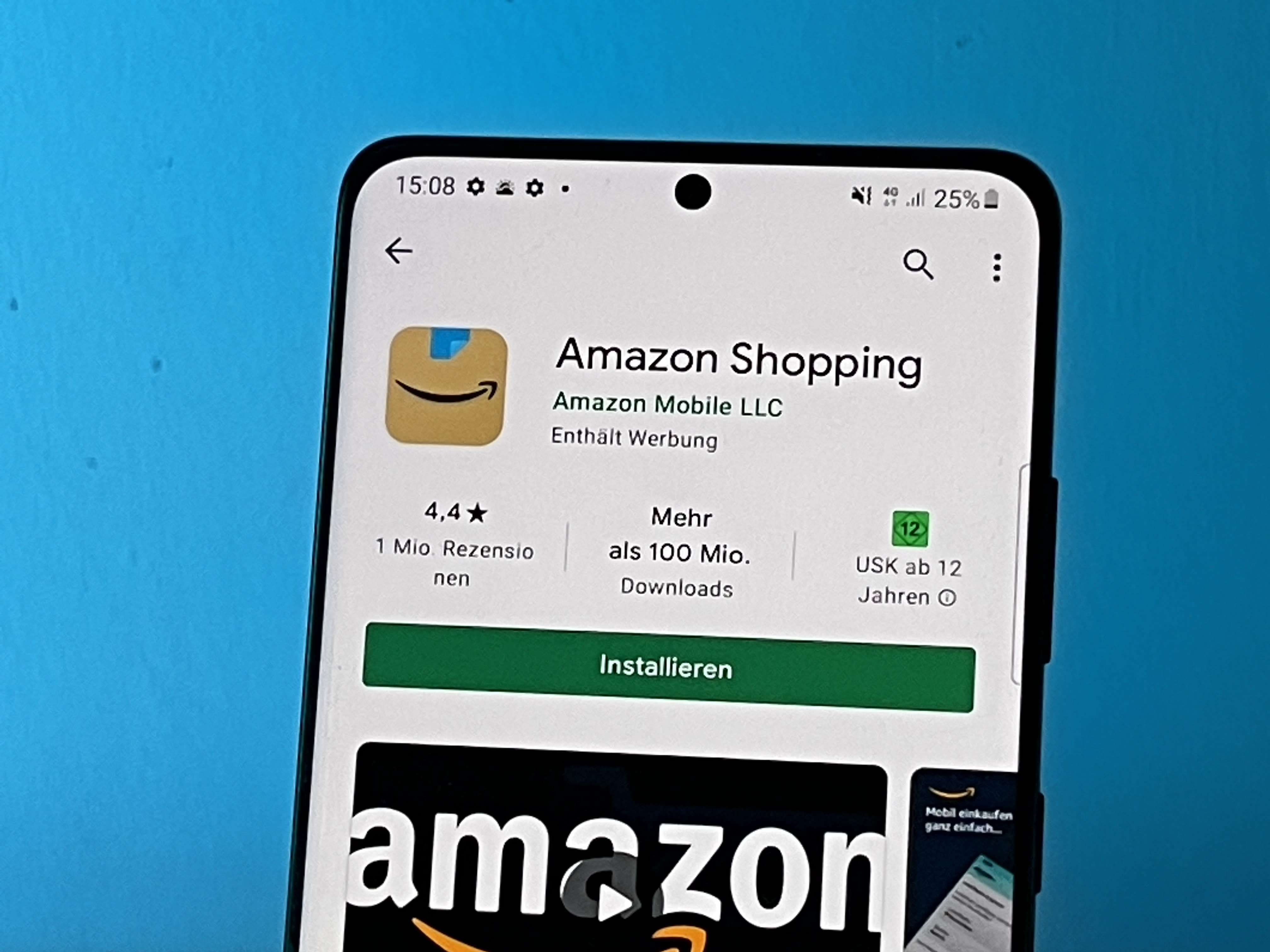
[ad_1]
The Amazon shopping app in the Google Play Store on an Android smartphone.
Christophe Dernbach | image alliance | Getty Images
Apple removed Fakespot, an app well-known for detecting fake product reviews, from its App Store after Amazon complained that the app provided misleading information and potential security risks.
The Fakespot app works by analyzing the credibility of an Amazon listing’s reviews and rating it from A to F. It then provides buyers with product recommendations with high customer satisfaction.
Amazon said it reported Fakespot to Apple for investigation after concerns that a redesigned version of the app could confuse consumers by showing Amazon’s website in the app with Fakespot code and content overlaid. Amazon said it doesn’t allow apps to do this. An Amazon spokesperson said, “The app in question provides customers with misleading information about our sellers and their products, interferes with our sellers’ activities, and creates potential security risks.”
Friday afternoon, following a review from Apple, the application was no longer available on the App Store.
Misleading or bogus user reviews have proven to be a major problem for online retailers including Amazon. The company recently stepped up its efforts to detect and eliminate fake reviews. Its third-party market of millions of sellers has grown to account for more than half of the company’s overall sales, but it has become fertile ground for fake reviews, counterfeits and dangerous products. Regulators in the United States and abroad have taken action to tackle bogus reviews on and off Amazon.
As fake reviews continue to proliferate on the internet, third-party apps and websites have sprung up to help shoppers spot them, like Fakespot, ReviewMeta, and ReconBob.
Amazon reported the well-known fake review detection app Fakespot to Apple for investigation, triggering its removal from the App Store.
Amazon
It’s unclear why Apple removed Fakespot from its App Store, and Apple did not immediately respond to a request for comment.
But Amazon reported to CNBC two subsections of Apple’s App Store guidelines that Fakespot may have violated. A directive states that applications must ensure that they are authorized to use, access, monetize access or view content from a third-party service. Another directive states that applications must not include false information and functionality.
Amazon also claims that Fakespot’s coding technique allows the app to collect and track customer information. The company last January made similar claims against Honey, owned by PayPal, a browser extension that allows users to find coupons while shopping online, warning users that it could be a ” security risk “.
Fakespot: “They showed no proof”
In an interview, Fakespot founder and CEO Saoud Khalifah said he disputes Amazon’s claim that the app poses security risks and said that while Fakespot collects certain user data, it does not. not sell to third parties.
Khalifah added that many apps use the same coding technique, called “wrapping,” to include a web browser view, like coupon providers. He said that many apps and websites also collect and track user information, including Amazon.
“We don’t steal user information, we never have,” Khalifah said. “They showed zero evidence and Apple acted with zero evidence.”
Fakespot released a new version of its app at the end of May. Amazon reported the app to Apple in mid-June, Khalifah said.
Khalifah said he was upset that Apple had not adequately warned Fakespot that the app would be removed from the App Store, or the ability to rectify issues with the app.
“Imagine going to a tenant and telling them you have to take all your things, you have to leave right away. That’s how I feel right now, to be completely honest with you,” he said. added.
The Fakespot app is still available on the Google Play Store for Android devices since Friday evening.
[ad_2]
Source link